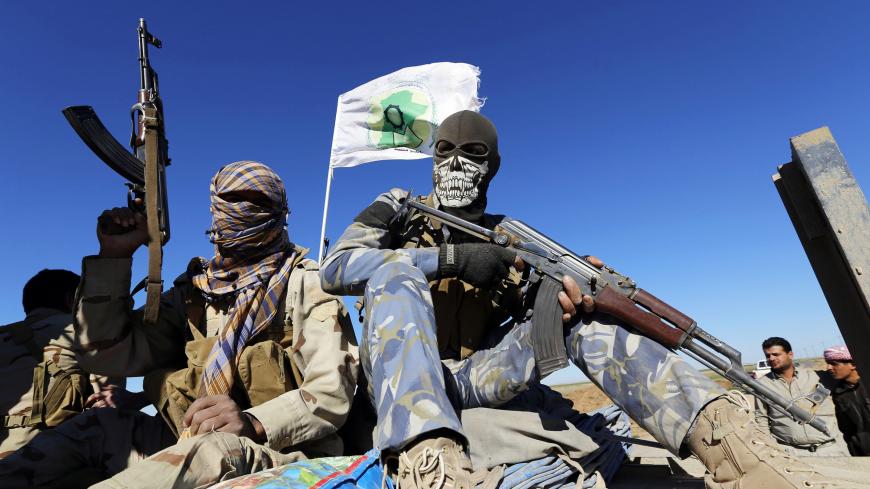BAGHDAD — It's hard to tell what's really on the minds of Iranian and US officials in the flurry of words they've exchanged this week, but Baghdad has been perfectly clear about any potential confrontation between the two: not in my backyard.
Amid prolonged dares and double-dares between Tehran and Washington — punctuated with claims from both sides that they don't want a war — Iraq has made it known it won't become a proxy battleground.



